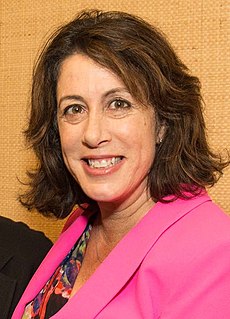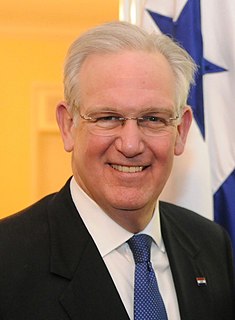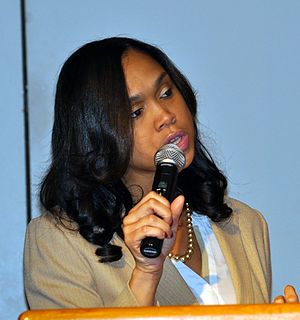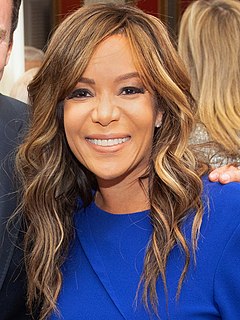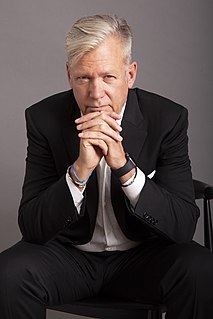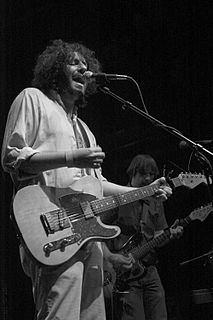A Quote by Marcia Clark
When I went to the prosecutor's office, I wanted to be one of the good guys that the defense could trust. I'd try fair, clean cases, pull no punches, no below-the-belt stuff. Honorable. Because that's the kind of prosecutor I wanted to deal with.
Related Quotes
Although we refer to the International Criminal Court, the real problem is the prosecutor, because it's the prosecutor who decides who to investigate and what cases to bring. This court fundamentally embodied a potential for abuse of governmental power that I felt was inconsistent with being a free person - and [it was] inconsistent for a free country like the United States to subscribe to it.
If a prosecutor in The Hague decides that the U.S. has not followed through effectively on an investigation - is unwilling or unable to carry it through - then that person, that prosecutor, in an unreviewable fashion gets to second-guess the United States? That is unacceptable. That is an assertion of authority over and above the U.S. Constitution.
I was a defense attorney before I was a prosecutor, and so knowing what the defense is going to try to do is something that you have to do constantly when you're in trial. I always went to trial knowing what they were doing. So I was always in both mindsets anyway. 'Oh, they're going to do this, then I'm going to do that.'
Based on my experience as a prosecutor in Miami, illegal immigration is one of the most critical issues facing this country. As a prosecutor, I felt the burden of it. I think what's important... is for the state and the federal government and for local governments to work together to do everything possible to control illegal immigration in a comprehensive way.

